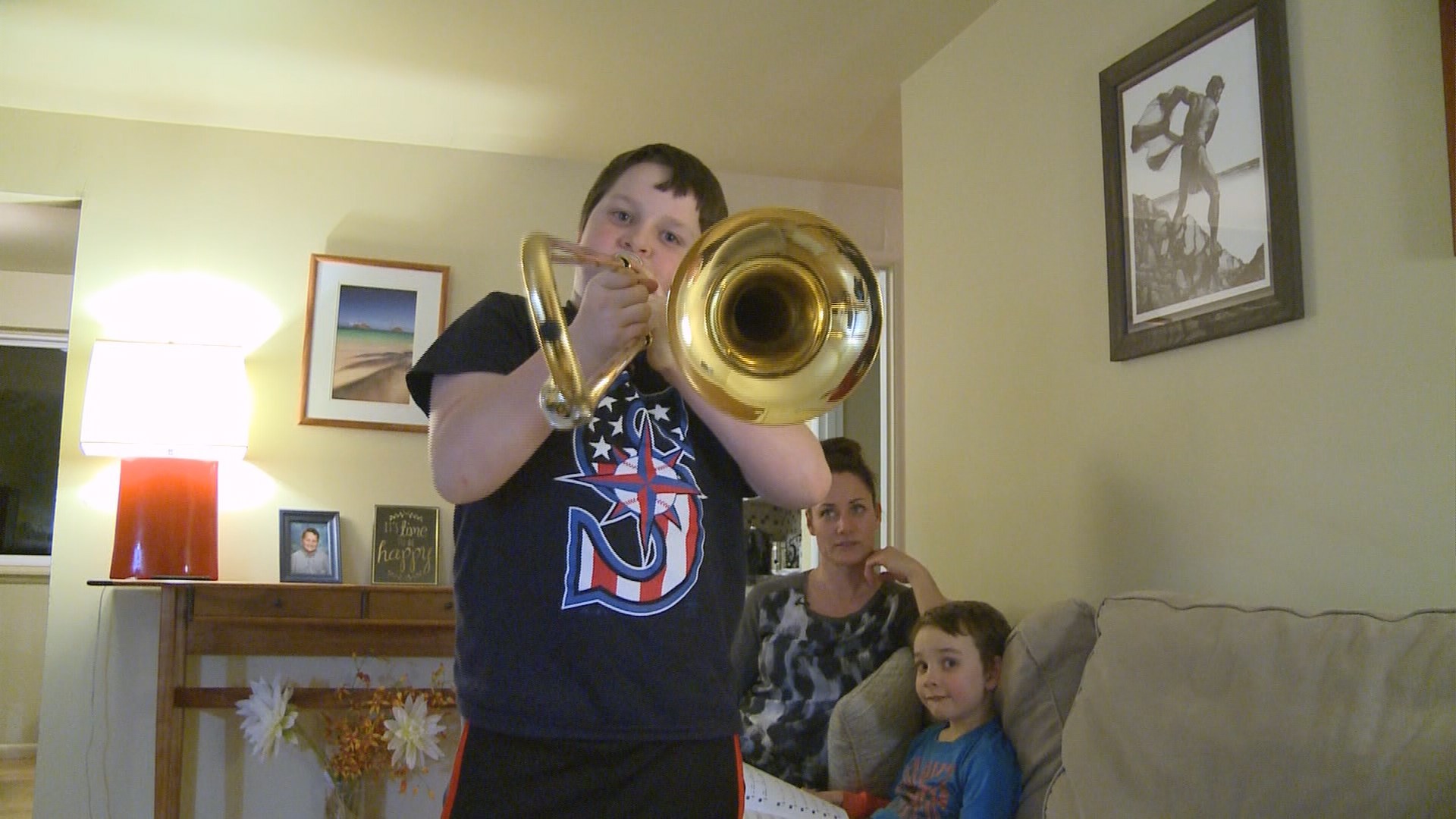Life is much calmer these days at the Coffey household after son Caprice benefited from an unusual study on ADHD.
"Huge difference, even his confidence has gone up. His leadership has totally changed," said his mom, Tari.
But Caprice wasn't the focus of this study - she was.
"If you're treating a child with ADHD and the parent has it, the child is less likely to respond," said Seattle Children's researcher Mark Stein, PhD.
He wants to know what happens if you treat the parent first. Mothers are less likely to have been diagnosed as children since their symptoms tend to be milder.
"If you're a mother with ADHD, you're likely to suffer in silence. You might attribute your difficulties to other things, so that's why it's so important to identify the ADHD and treat it," said Dr. Stein.
Tari's biggest issue was anxiety.
"I never really actually knew I had it," she said.
Families in the "Mother's First" study will get 16 weeks of treatment, which can include medication for the moms, behavioral training or a combination of both. None of the children will receive medication, however.
For her family, Tari says behavioral training made the biggest impact.
"I said a different word and I said it in a different tone and he got it so you try it again the next day and hey—that worked ad then he started trying it on me,"
Researchers also want to know if early intervention can make a difference
"Can we reduce the severity of ADHD in the child, or perhaps delay the need for medication till they're older and till they're more likely to respond." said Dr. Stein.
Tari decided to try her new parenting skills on both her children.
"To recognize that they changed themselves maybe because I changed how I did things was a beautiful thing to witness".
Researchers are looking for mothers with children between the ages of 3 and 8 who are showing ADHD symptoms but haven't been treated yet with medication.
If you're interested in learning more or participating in this study contact Libby Bliss at (206) 884-1488 or Elizabeth.bliss@seattlechildrens.org.


